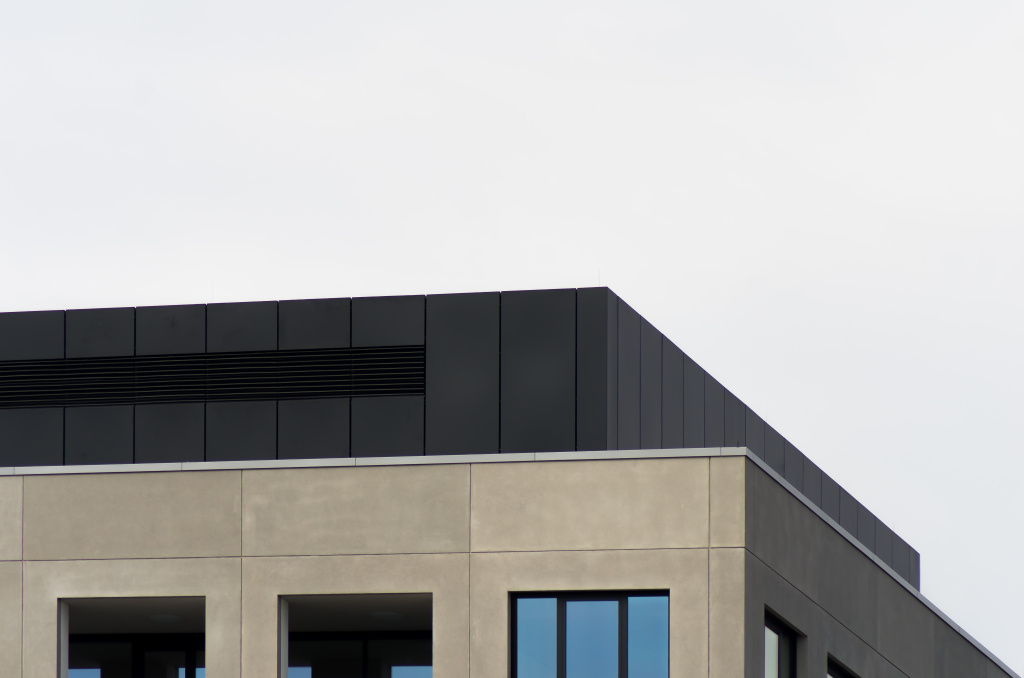The United Arab Emirates (UAE) has recently ramped up its commitment to revolutionizing its construction sector, unveiling enhanced policies and clear guidelines aimed at accelerating the adoption of Modern Methods of Construction (MMC), particularly modular building, to foster sustainable growth and economic diversification.
Government Support and Clear Regulations
The UAE government is actively promoting MMC with strong policies and strategic initiatives. For example, Dubai Municipality has established practical guidelines, making it simpler for developers and contractors to embrace energy-efficient modular construction solutions.[?]
Growing Market and Economic Benefits
The UAE’s modular construction market is booming, driven by fast urban growth, major infrastructure projects, and eco-friendly policies. In 2024, the Middle East and Africa Modular Construction Market hit USD 5.98 billion, with the UAE in the lead. Experts forecast a 6.2% yearly rise, reaching AED 189.59 billion by 2025, thanks to advanced tech and robust investments.
The Palm Jumeirah highlights this innovation. Spanning 560 hectares, it has extended Dubai’s coastline by 78.6 kilometers using 94 million cubic meters of sand and 5.5 million cubic meters of rock. Techniques like “rainbowing” for sand placement, DGPS for precision, and vibro-compaction for stability showcase the UAE’s cutting-edge construction expertise.[?]
Protect your rights under UAE law
Manage contracts efficiently with FirstBit
Request a demo
Technology Driving Construction Forward
The UAE is a pioneer in using cutting-edge tools for construction. Building Information Modeling (BIM) is now a must for big projects, making planning and teamwork smoother. Other technologies, like the Internet of Things (IoT) and Artificial Intelligence (AI), help track progress in real time and spot maintenance needs early. These advancements make modular construction faster, safer, and more accurate.
Sustainability Wins with MMC
Modular construction fits perfectly with the UAE’s eco-friendly goals. By building parts off-site, it cuts down on waste and uses materials more efficiently than traditional methods. It also reduces the need for transport and lowers energy use.
Sustainability remains at the heart of the ADPIC roadmap. By the end of the year, all new government capital projects will be required to adhere to the 2050 Net-Zero Policy. Furthermore, 50% of all new housing and social projects will utilize modular construction methods to significantly reduce material waste and improve construction efficiency.[?]
Navigate UAE construction laws with an ERP built for the UAE market
Request a demo
Challenges and a Bright Future
While MMC offers numerous advantages, they also encounter challenges such as high startup costs and a shortage of skilled workers. The UAE government is addressing these with incentives and training programs. Looking forward, the country’s focus on innovation and green building sets it up to lead in MMC. Ongoing tech investments and supportive policies will keep pushing modern construction methods ahead, boosting the economy and the environment.
The UAE’s efforts to update rules and aim for sustainability show its commitment to MMC. These steps spark innovation in the construction world and align with the nation’s broader goals for growth and eco-conscious development. As the need for quick, affordable, and green building solutions rises, the UAE is ready to stay at the forefront of modular construction.

Anna Fischer
Construction Content Writer

See FirstBit ERP solutions in action
Discover how our system solves the unique challenges of contractors in a personalized demo.
After the demo you will get a quotation for your company.
After the demo you will get a quotation for your company.











